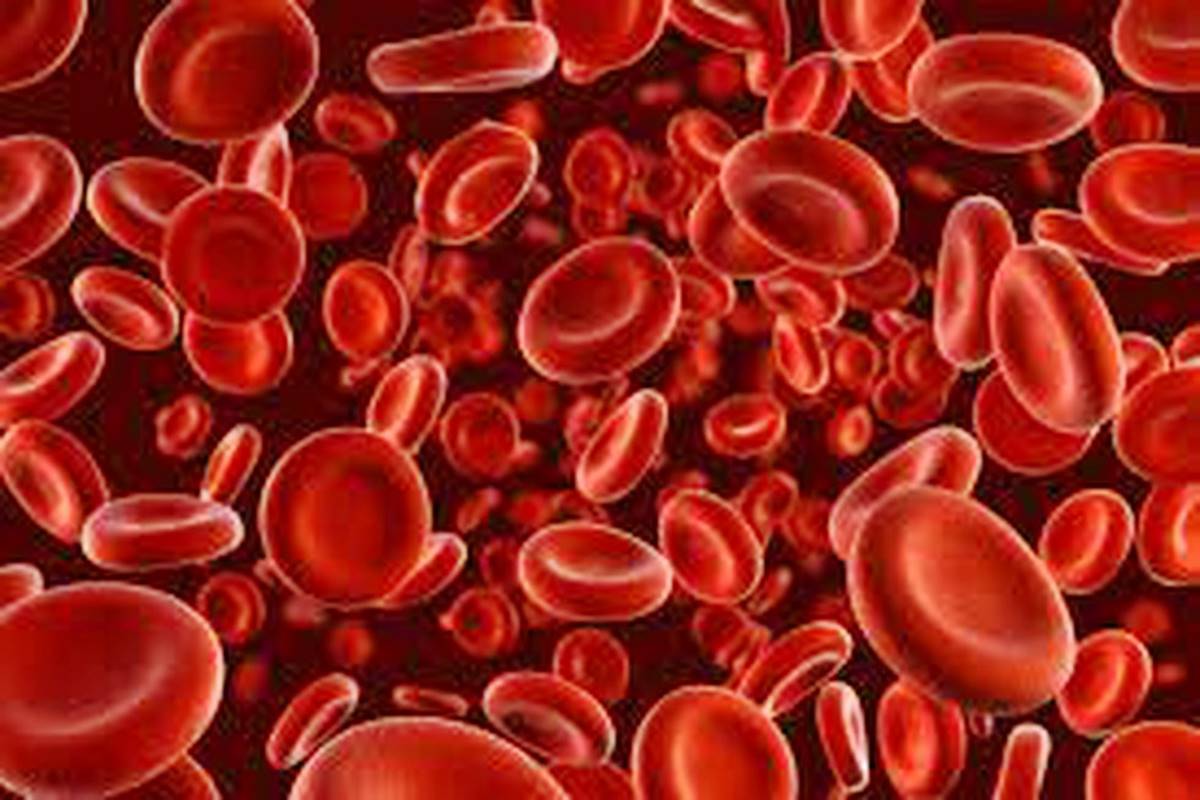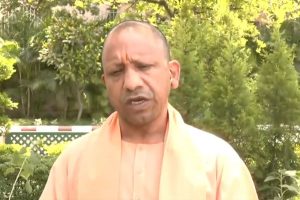Hospitals are running out of Factor-VIII and Factor-IX injections required for haemophilia patients.
On 28 June, chief medical officer of health (CMOH) of Jhargram district wrote a letter to the state health department at Swasthya Bhaban requesting funds for procurement of Factor-VIII medicine for haemophilia patients of the Jhargram Government Medical College Hospital.
“TCU (transmission control unit) Day Care unit of Jhargram MCH is facing acute shortage of Factor-VIII medicine as no fund is available for procurement of Factor-VIII for haemophilia patients under Haemoglobinopathy Control Programme (HCP),” the CMOH’s letter stated.
Sarat Chandra Chattyapadhyay Government Medical College Hospital (SCCGMCH) in Uluberia is also facing acute shortage in supply of Factor-VIII and Factor-IX injections.
Haemophilia A is a genetic bleeding disorder caused by insufficient levels of a blood protein called Factor-VIII. Factor-VIII is a clotting factor. Clotting factors are specialized proteins that are essential for proper clotting, the process by which blood clumps together to plug the site of a wound to stop bleeding.
Individuals with haemophilia A do not bleed faster or more profusely than healthy individuals, but because their blood clots poorly, they have difficulty stopping the flow of blood from a wound. This may be referred to as prolonged bleeding or a prolonged bleeding episode. Hemophilia A can be mild, moderate or severe, depending on the baseline level of factor VIII made by that individual.
In mild cases, prolonged bleeding episodes may only occur after surgery, dental procedures or trauma.
In more severely affected individuals, symptoms may include prolonged bleeding from minor wounds, painful swollen bruises, and unexplained (spontaneous) bleeding into vital organs as well as joints and muscles.
Considering the crisis in supply of both factor-VIII and Factor-IX IV injections in government hospitals, Swasthya Bhaban has asked the local health administration to procure the life-saving medicines with their own funds.
A senior officer of the health department at Swasthya Bhaban said, “There has been a crisis in supply of Factor-VIII and IX in several hospitals. We have asked the supplying agencies to make the service normal as soon as possible, so that patients can get the injections regularly.”
There are around 2,200 haemophilia patients, including both A and B cases in the state. Thirty six government hospitals in the city and districts provide treatment to these patients, he said requesting anonymity.












